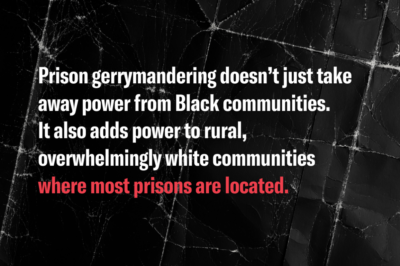Voting rights cases extol the right to vote as fundamental and preservative of all rights. Indeed, the right to vote without regard to race, gender, age, or class is protected by numerous constitutional amendments and federal laws. Therefore, Indiana’s voter identification law departed from well-established constitutional principles when it required voters to possess a valid, current government-issued photo identification in order to cast a ballot on this past Election Day. After a long partisan battle, Indiana imposed new burdens on minorities, women, students, the elderly and the poor.
In Crawford v. Marion County, the Supreme Court upheld Indiana’s voter ID law, ignoring the plight of a 78-year-old Ft. Wayne woman who attempted to get a photo ID. After three separate trips to the Bureau of Motor Vehicles over several weeks and finally obtaining a certified birth certificate, she was turned away because her birth certificate contained only her maiden name. The law also denied ballots to elderly nuns in South Bend, who were turned away solely because they lacked photo ID. Students from the University of Notre Dame were denied ballots because their student IDs lacked an expiration date and their driver’s licenses were out-of-state. They were told they could only vote absentee, while those who possessed Indiana-approved ID were able to go to the polls on Election Day. Instead of treating these voters’ ballots as necessary parts of our democracy that preserve all other rights, their denial was characterized as minor collateral damage in the battle to prevent unsubstantiated voter impersonation.
While the Supreme Court held the state photo ID requirement did not violate federal law, the Indiana Court of Appeals found it violated the Equal Privileges and Immunities Clause of the state constitution because it unjustifiably exempted select groups — absentee voters and voters living in state-licensed care facilities — from having to comply with the law.
Now the Supreme Court of Indiana has an opportunity to affirm that discriminating against citizens at the polls violates the Indiana Constitution. On Monday, the ACLU’s Voting Rights Project filed an amicus brief encouraging the Supreme Court of Indiana to see these injustices and restore equal rights to all of Indiana’s voters.



